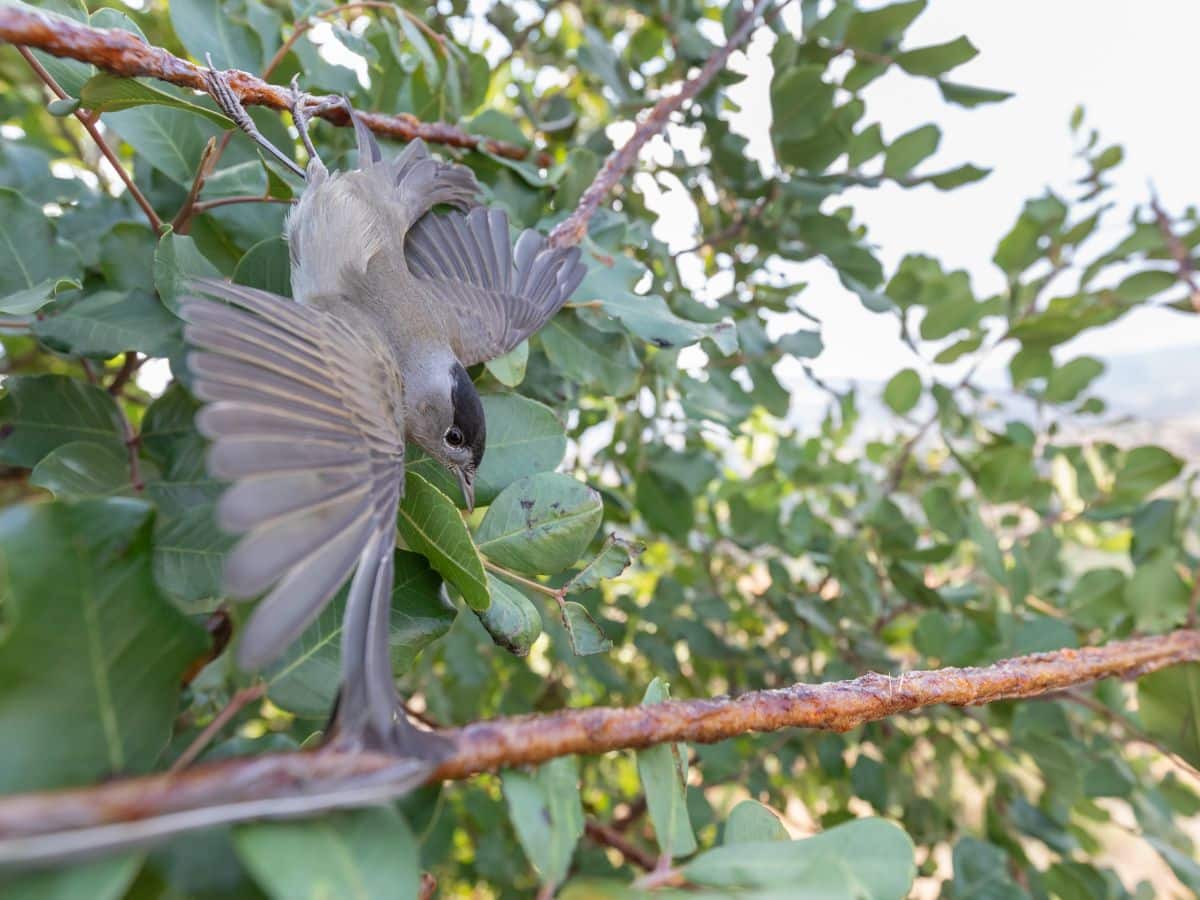Bird trapping with nets has almost halved in Cyprus when comparing autumn 2022 with the previous year, BirdLife Cyprus announced on Tuesday, calling the results “promising”.
The figures reveal a 49 per cent reduction in bird trapping with nets between autumn 2022 and autumn 2021, while the numbers since 2002 show a 91 per cent decrease.
The report “paints a promising picture”, BirdLife Cyprus said.
“This encouraging decrease is recorded both within the British Bases in Dhekelia and in the Republic and is due to the ongoing collaboration between environmental organisations (namely BirdLife Cyprus, the RSPB and CABS) and the competent authorities to tackle this illegal activity. The imposing of high fines – starting from €2,000– for the trapping of birds with the use of nets has also helped.”
BirdLife added that while the reduction is promising, this continues to amount to thousands of birds illegally trapped and killed every year.
“More specifically, in autumn 2022 alone it is estimated that 345,000 birds could have been trapped and killed within the survey areas covered by BirdLife Cyprus’ monitoring programme.”
The problem persists in certain areas across Cyprus, where large-scale organised trappers continue “unhindered in the absence of the effective action of the Cyprus police anti-poaching unit, which was inexcusably disbanded in November 2019”.
Moreover, the relaxation in fines from €2,000 to €200 for the killing of up to 50 birds using limesticks, making penalties neither punitive nor deterrent, “has indirectly decriminalised this trapping method and has resulted in an increase in limestick use the last few years.”
BirdLife called on new President Nikos Christodoulides to reinstate the anti-poaching unit, staying true to his pre-election commitment. It also called on him to annul the law relaxation and increase the fines to €2,000 for all birds, regardless of killing method or bird species.
“Only then will Cyprus be able to deliver the final blow to the scourge of illegal bird trapping.”







Click here to change your cookie preferences